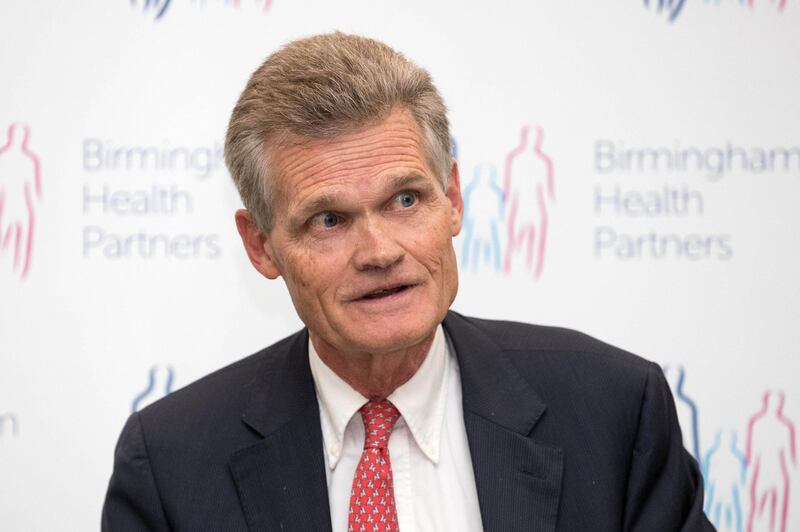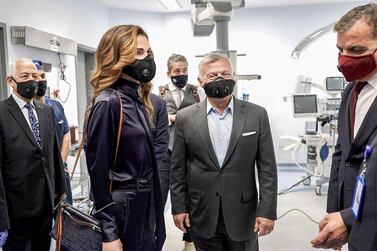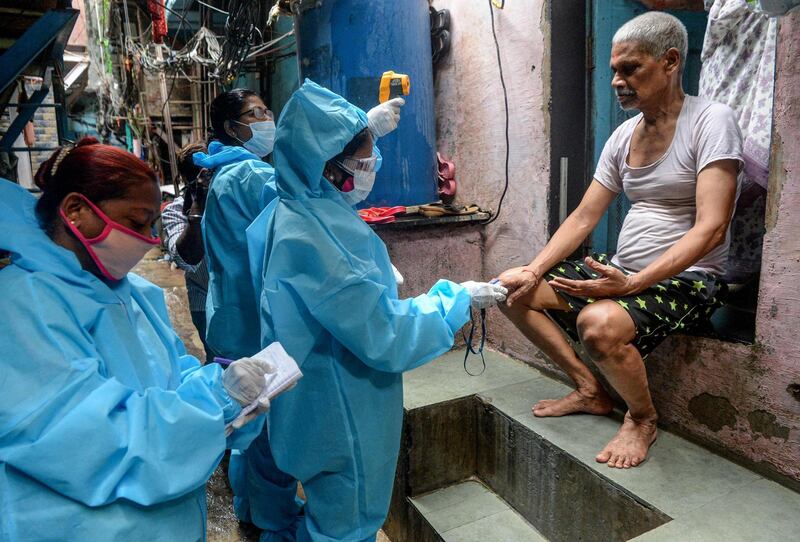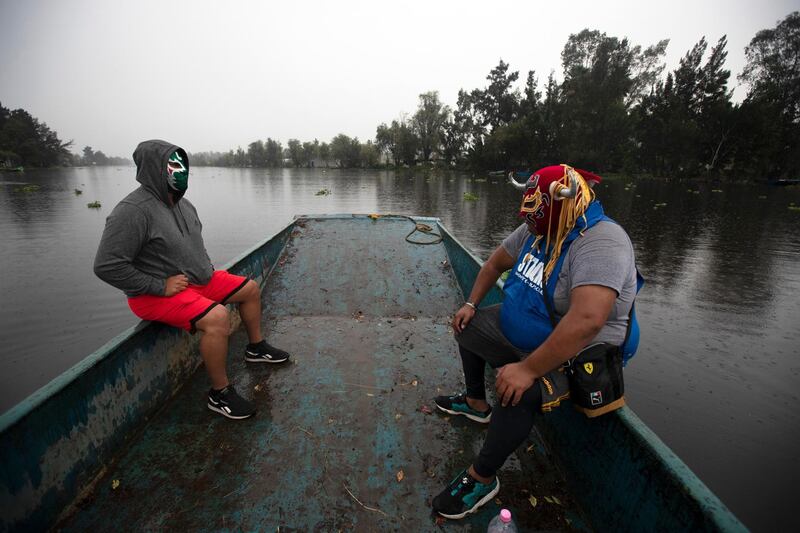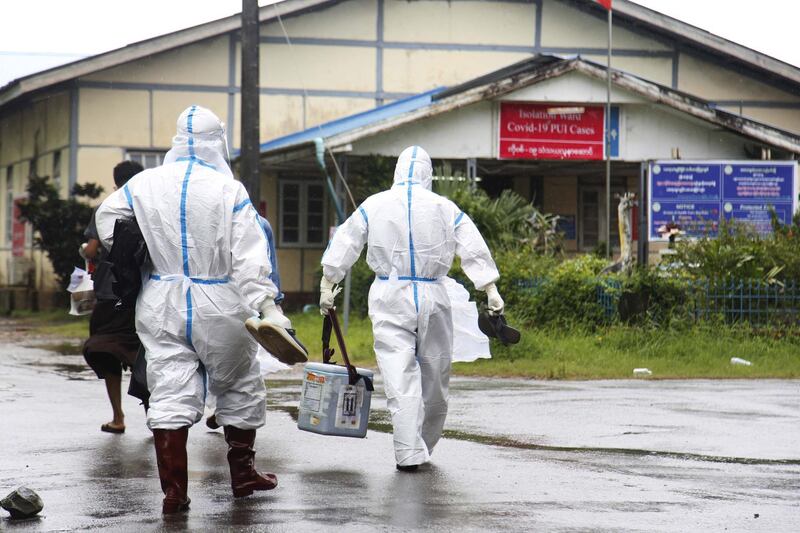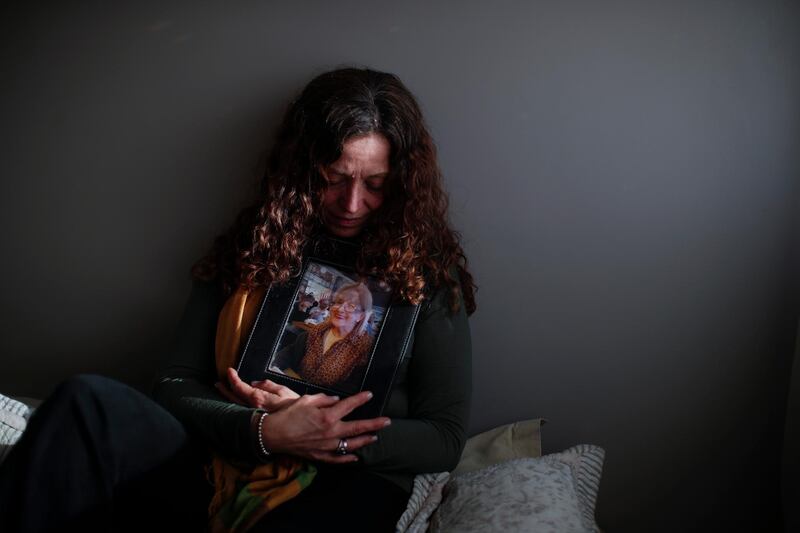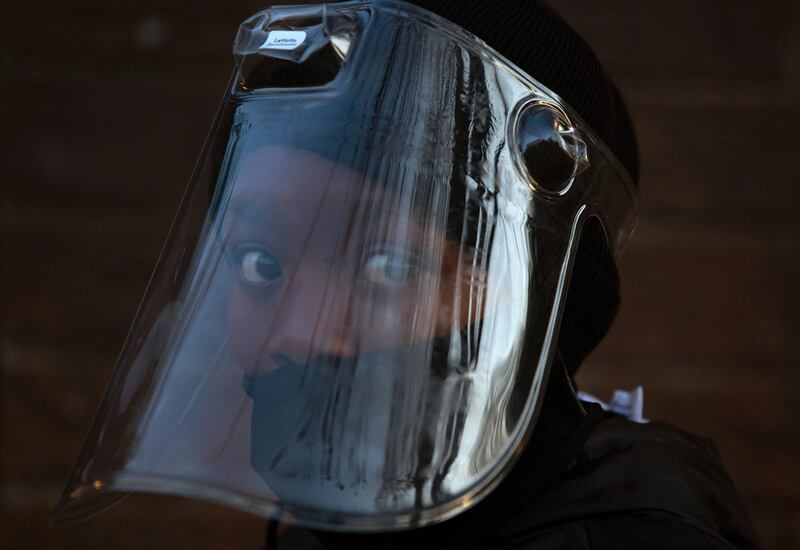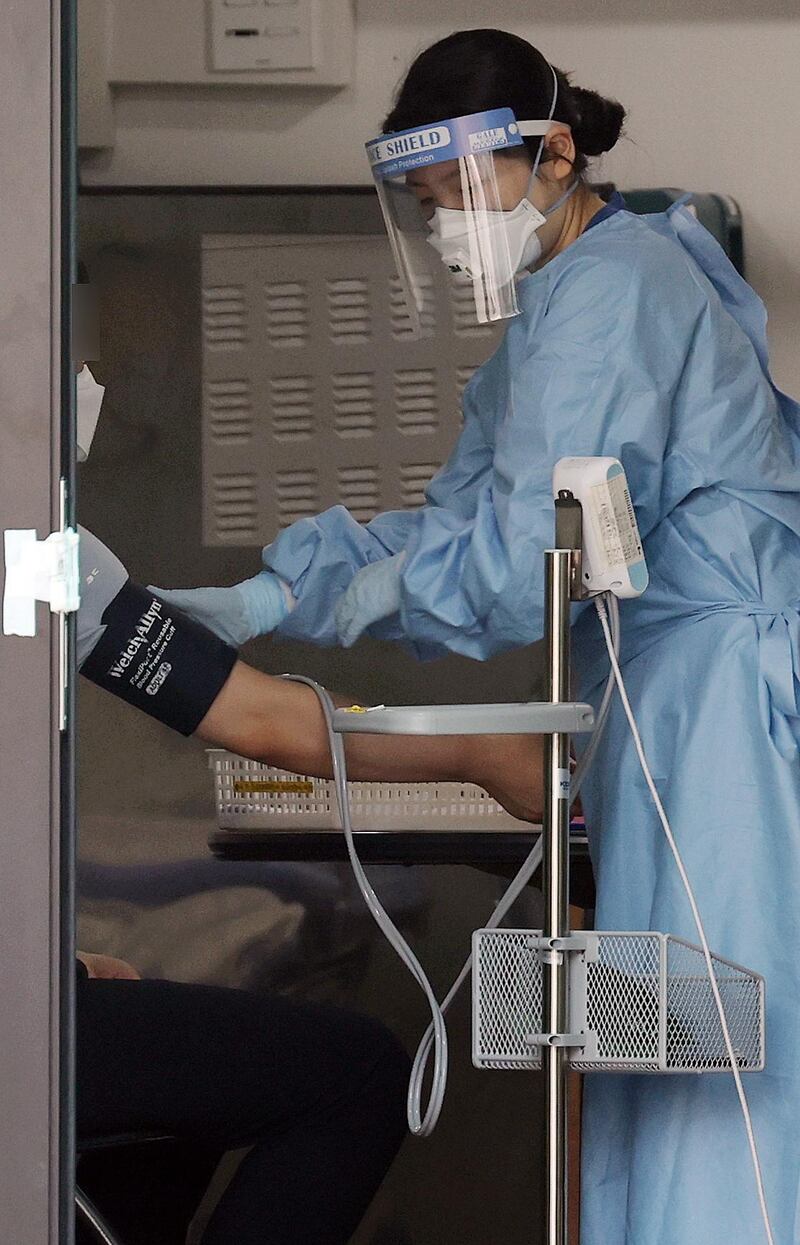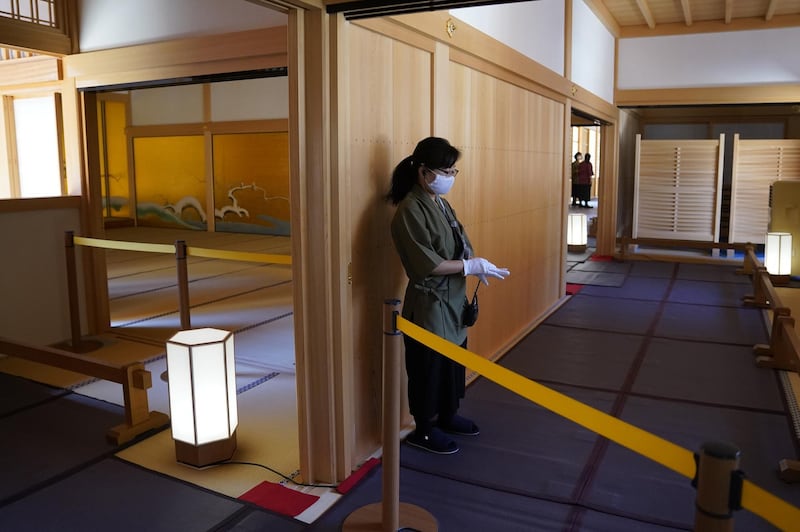Oxford university researchers working on a promising potential vaccine for the coronavirus are optimistic that data proving its effectiveness will be available to regulators as early as autumn this year.
Professor John Bell, who is part of the team developing the vaccine in Britain with pharmaceuticals giant AstraZeneca, said he was “hopeful we’re going to start to get readout early in autumn as to whether this thing works or not”.
One of the leading candidates in the global race to counter Covid-19, the Oxford vaccine produced an immune response in its first human trials and boosted hopes for a way out of the pandemic.
“Everything looks pretty good with the vaccine,” Prof Bell told Britain’s Channel Four news. “This is a big study and should give us the power to detect an effective vaccine.”
Data from the trial could be handed over to regulators this year, but scientists insist that corners must not be cut to speed up approval for emergency use.
Professor Andrew Pollard, director of the Oxford Vaccine Group, told BBC radio: “It is just possible that if the cases accrue rapidly in the clinical trials, that we could have that data before regulators this year.
“Then there would be a process that they go through in order to make a full assessment of the data,” Prof Pollard said.
The trials hit headlines this week when the Financial Times reported that the administration of President Donald Trump was considering fast-tracking the vaccine for use in the United States ahead of the presidential election on November 3.
One option being explored would involve the US Food and Drug Administration, which controls the introduction of new drugs, awarding “emergency use authorisation” to the potential vaccine in October, the newspaper said.
Prof Pollard said the process for emergency use authorisation was well established “but it still involves having carefully conducted data ... and evidence that it actually works”.
US scientific agencies have said any vaccine would have to be studied in at least 30,000 people to meet safety requirements.
Prof Pollard, the chief investigator of the global clinical trials of the vaccine candidate, said AstraZeneca would take the data to regulators once the scientists were satisfied with it.
The Oxford vaccine has now been tested on about 10,000 coronavirus patients in Britain, with work ongoing to administer it, as well as a second booster shot, to a similar number of people in Brazil and South Africa. AstraZeneca is leading a US trial of 30,000 people.
“The size of the trials still isn’t the issue here,” Prof Pollard said. “What you need is to have enough cases accruing during the time of observation in the trials.”
_______________
